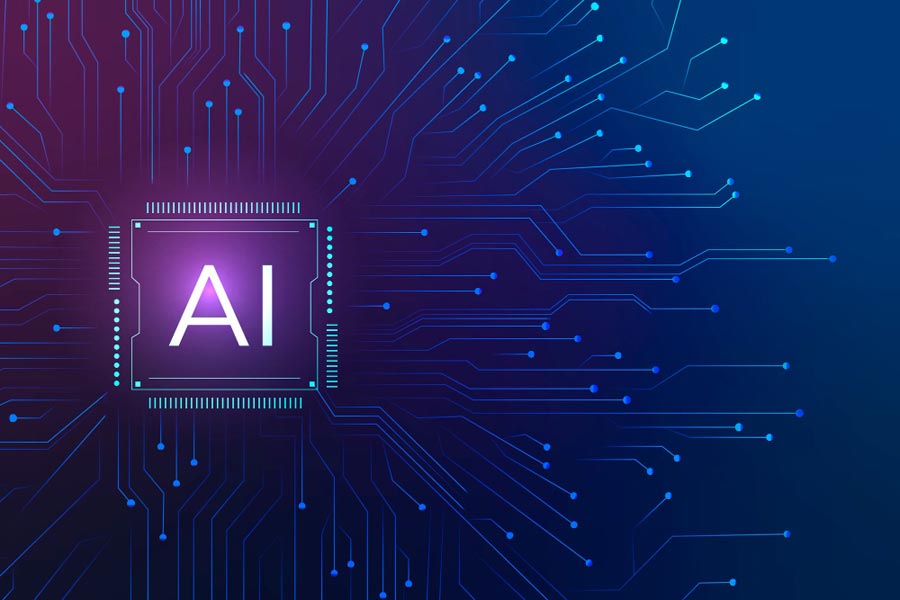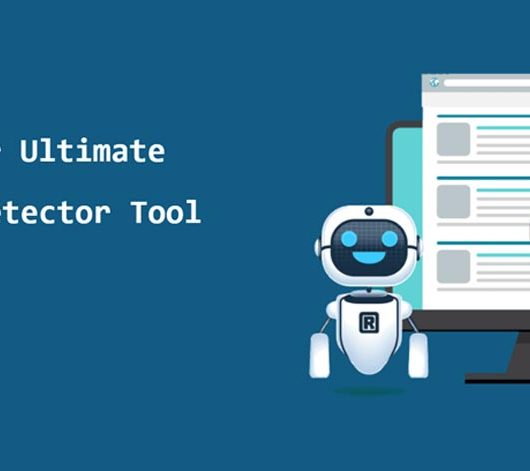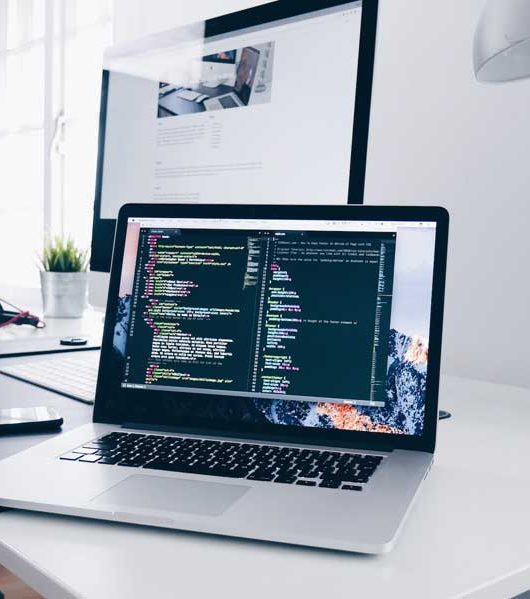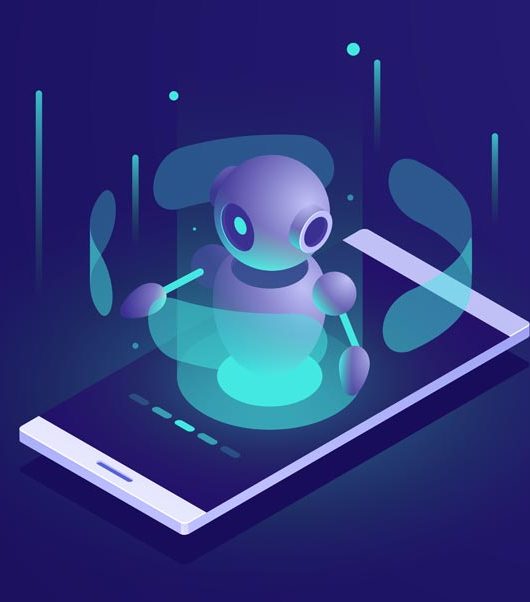Artificial Intelligence (AI) keeps transforming our life, job, and relationship with the surrounding world. Moving further into 2025, AI is no longer a buzzword, it is a part of core systems in every industry. In healthcare and financial protection, AI is leading to an innovation in the field, automation, and smarter decision-making as never before.
The following are the 10 best AI applications in 2025, you definitely ought to know about, one of which is transforming financial security: AI in AML.
1. Individualised Healthcare and Forecasted Diagnosis
Artificial intelligence is changing the way healthcare is managed as it uses patient information to identify diseases before they develop. By 2025, deep learning models on platforms based on AI will have the ability to identify initial stages of chronic diseases such as cancer, diabetes, and heart disease based on thousands of case histories.
Physicians are currently using AI to give them personalized treatment advice, which enhances the rate of recovery and minimizes healthcare expenses.
2. Advanced Transportation and Smart Transportation
There has been a great improvement in self-driving technology in 2025. AI allows cars to be able to make instant decisions on the road, traffic analysis and crash avoidance. Logistics firms have adopted AI-based route optimization to minimize both the delivery time and fuel consumption.
Whether it is intelligent traffic signals or intelligent public transportation, AI is all set to change transportation.
3. Artificial intelligence in AML
AI has found one of the most influential uses in the financial world where it is used to fight against illegal actions. AI in AML is the application of AI to spot and hinder suspicious financial conduct in actual time.
The conventional AML systems were most dependent on manual rules, but the application of AI in AML tools will achieve capabilities in 2025 to:
- Analyse huge amounts of transactions in real time
- Identify concealment of patterns of laundering or fraud
- Risk scores relating to behavior or account Score Risks
- Detect Politically exposed persons (PEPs) and mark discrepancies
Regulatory organizations and banks rely on AI in AML to increase compliance, curb the number of false positives, and safeguard the integrity of the financial system across the world. The technology is useful in the prevention of terrorist financing, money laundering and other financial crimes more effectively than before.
4. Smart Virtual Assistants at the Workplace
Virtual assistants are now critical in customer support, scheduling, and internal processes as AI provides enough knowledge to make this possible. The 2025 versions of the bots are unlike the older ones because they employ natural language understanding to provide very personalized and human-like experiences.
By AI-enabling routine interactions, businesses can save time and reduce errors as well as increase customer satisfaction.
5. Smart Manufacturing and Predictive Maintenance
Industry 4.0 relies on AI. Indeed, in factories, AI can be used to observe the work of equipment, anticipate its failures, and coordinate the production process to be as efficient as possible.
AI-driven predictive maintenance can cut downtimes by a huge margin and increase the life of equipment, saving companies billions of dollars in lost productivity.
6. Hyper-Personalized Marketing
AI is transforming customer knowledge and interaction with the brands. By 2025, the AI tools will use the user behavior, preferences, and purchasing patterns across all platforms to provide hyper-targeted content and offers in a real-time context.
Whether it be product recommendation, automatically optimizing ads, and so on, AI can assist marketers to convert more and spend less on wasted ads.
7. Cybersecurity AI
Artificial intelligence is an essential element in protecting online resources as cyber threats become more advanced. By 2025, AI systems identify abnormal activities, prevent intrusions in real-time, and respond to new threat patterns faster than any traditional systems.
AI in cyber security assists companies in protecting sensitive information, particularly in the regulated industries, such as finance and healthcare.
8. Content Creation using AI
Generative AI makes production of content quicker and scalable. AI is utilized by businesses to create product descriptions, blog, social media posts, and even video scripts.
Nonetheless, the human element does not go away – AI is used to enhance rather than eliminate creativity.
9. High-tech Learning and Personalized Education
The classroom is being transformed by AI. By the year 2025, learners can enjoy tutoring systems that rely on AI to adjust to the pace and pattern of learning. AI analytics in educational institutions helps them to measure performance and enhance the delivery of courses.
Whether in kindergarten or in the business environment, AI enabled personalized learning journeys to enhance retention and future achievement.
10. Artificial Intelligence in Environmental and Climate Monitoring
Climate change is also fought using AI. It forecasts severe weather conditions, detects deforestation, traces emission, and assists in disaster preparation by analysis of real-time data.
AI is used by environmental organizations and governments to create more intelligent sustainability measures, and in the process save the planet to future generations.
Conclusion
AI is no longer a concept of the future; it is the driver of innovation in the present-day world. Whether in assisting business to become smarter, protecting financial systems, and saving lives, the possibilities in AI in 2025 are almost endless.
The AI in AML is the most prominent application among all of these since it is a silent defender of the global financial network. The increasing regulatory pressure and the sophistication with which financial crimes are perpetrated are making it difficult to combat them and remain compliant especially in the financial sector. AI-based AML systems are now assisting institutions to keep up with the threats and remain compliant.











